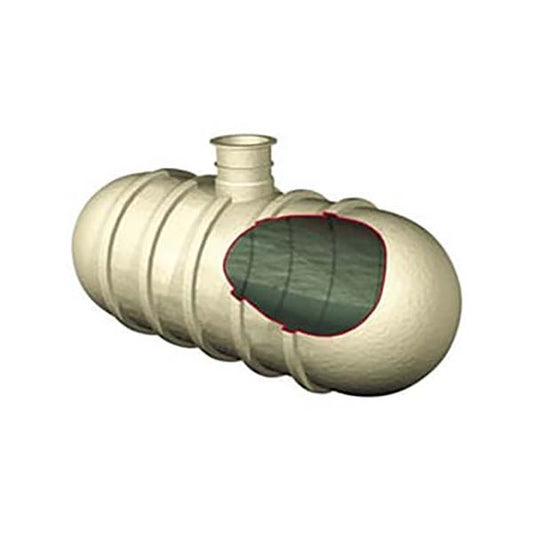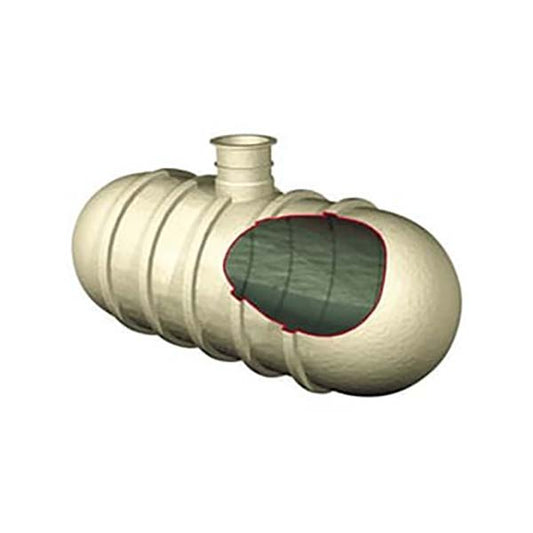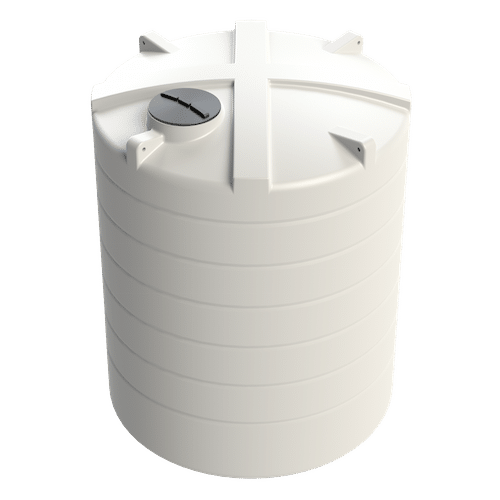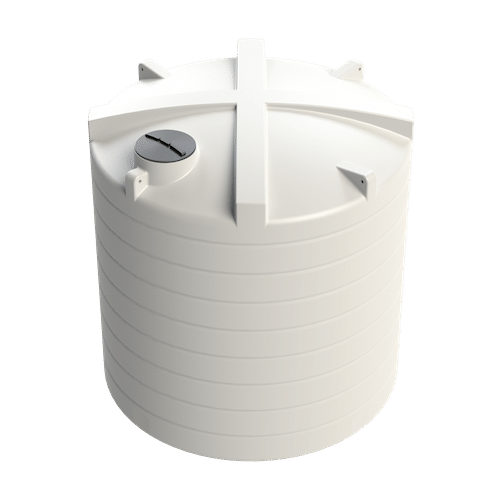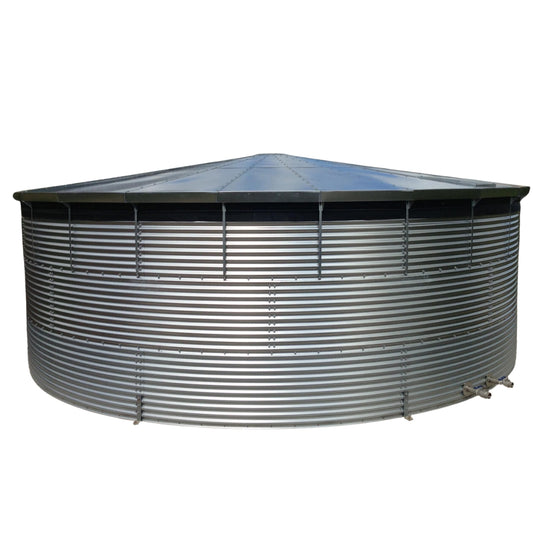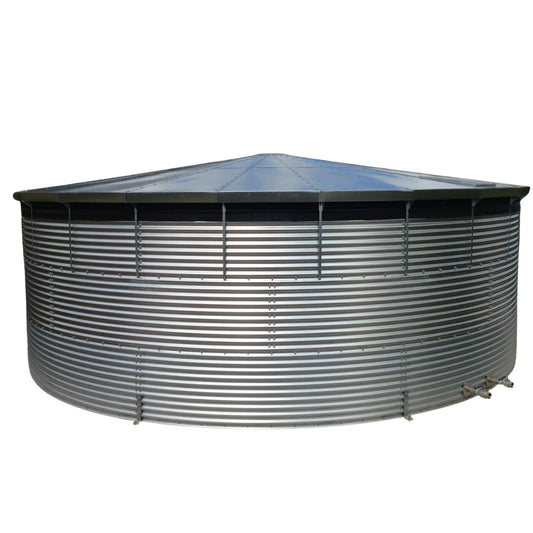When storing pesticides you need to be aware of the laws and regulations surrounding its storage. This is to protect the health of human beings, creatures and plants, safeguard the environment and implement a secure, safe, efficient and humane method of controlling pests.
Here is a guide to help professional users meet their health and environmental duties under the relevant pesticide legislation.
What classifies as a pesticide?
Under FEPA, a pesticide is any substance used to protect plants or wood or other plant products from harmful organisms; to regulate the growth of plants; to give protection against harmful creatures; or to render such creatures harmless.
The term pesticides therefore has a very broad definition which embraces herbicides, fungicides, insecticides, rodenticides, soil-sterilants, wood preservatives and surface biocides among others. A more complete definition and details of pesticides which fall outside the scope of the legislation is given in Regulation 3 of COPR.
What is the law surrounding pesticides?
The mechanism by which these aims are achieved is set out in regulations made under the Act, The Control of Pesticides Regulations (COPR) 1986 (SI 1986/1510) which states professional users must:
- Define in detail those types of pesticides which are subject to control and those which are excluded;
- Prescribe the approvals required before any pesticide may be sold, stored, supplied, used or advertised;
- Allow for general conditions on sale, supply, storage, advertisement, and use, including aerial application of pesticides.
What are my options?
To fulfil the legislation surrounding storage, there are a few options.
Where to go for advice?
We’re one of the UK’s leading specialists in pesticide storage and can provide a solution to meet your specific needs and budget. We can provide you with more expert advice on the different options available to you.
Please get in contact – 0121 351 3230 or click here to find out more.
Alternatively, fill out our enquiry form:





